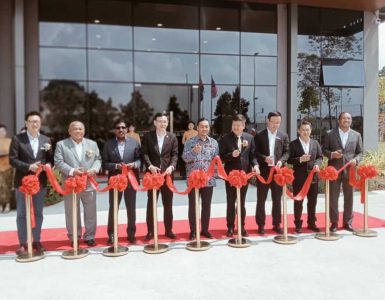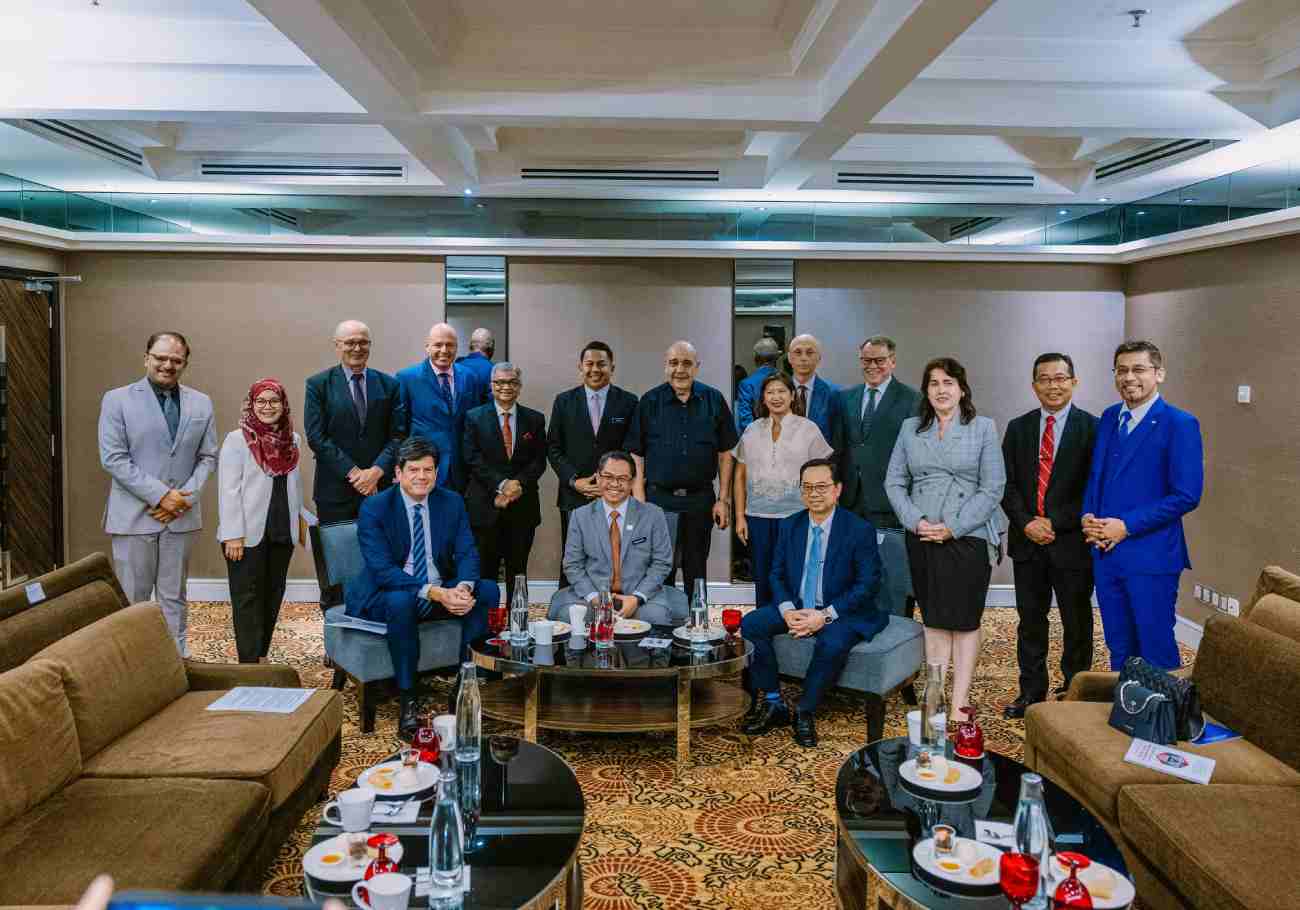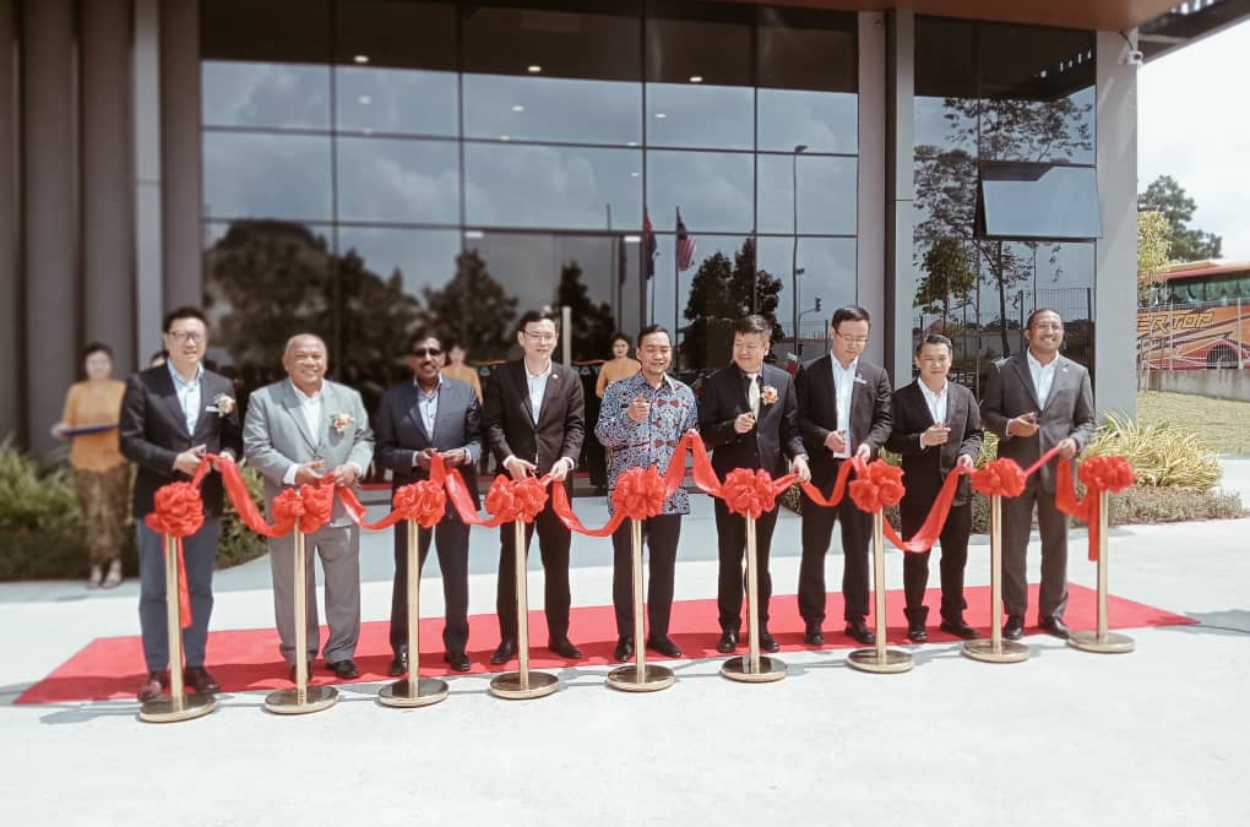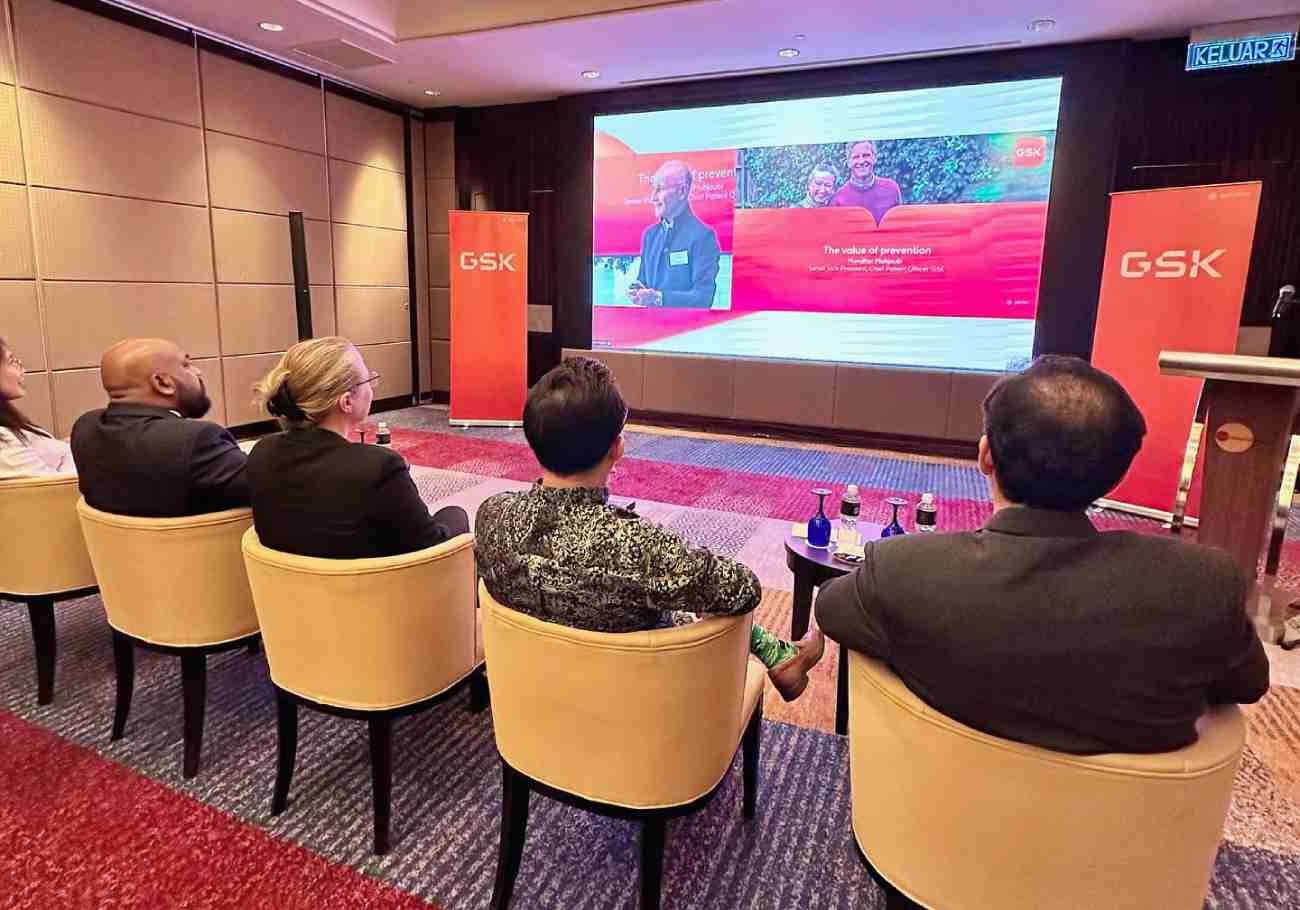Auto dealers are doubtful whether the targeted 2.1 per cent increase in total vehicles sales to 618,000 units this
year can be achieved, no thanks to the amended Hire-Purchase Act 1967, which although aimed at protecting the rights of consumers, was dampening bookings.
Several auto companies have complained that their daily bookings mainly for cars had declined by an average of 20-30 per cent since the amended Act came into effect on June 15.
Local automotive players, while appreciating the amended Act which upheld the rights and interest of consumers, are already feeling the pinch of flat sales which they expect will continue for the next few months due to new
requirements under the Act.
At least three auto industry players — Proton, UMW Toyota and Edaran Tan Chong, with a combined market share exceeding 50 per cent of the total industry volume (TIV), said they might revise the company’s initial sales targets.
The amended Act, which came into effect a month ago, has resulted in cash flow problems for dealers, as the maximum booking fee of only one per cent of the total selling price of the car imposed on buyers, was too small compared with the previous requirement of 10 per cent.
To make matters worst, if the deal falls through, the buyer gets back 90 per cent of the booking fee, leaving very little for the dealer.
The Executive Director of Edaran Tan Chong Motor Sdn Bhd Datuk Ang Bon Beng said customers can change their mind to purchase a car even at the eleventh hour in view of the low booking fee.
In other words, there was no commitment to the deal, he said, adding that the burden of this uncommitted relationship has to be borne by car dealers or the principals of automotive companies.
Besides, customers only need to sign the purchase agreement when the car is produced and shown to the customer and if the customer opts not to buy the car, dealers again tend to lose out.
If the cars are not sold, then it causes disruptions to the supply chain as orders were already made for the cars.
As a result, car dealers were now recording a 20-30 per cent decline in bookings per day owing to the longer process required to get a car under the amended Act as buyers now have to deal directly with the bank which means increased documentation and processes.
Previously, a dealer would be able to handle the entire documentation and buying process of a vehicle.
“We (Tan Chong) used to record about 200 bookings per day, but now it has dwindled to about 100 bookings only,” Ang said.
Moreover, due to the low booking fee, car dealers could not distinguish between genuine and phantom buyers, as many opted to switch to other cars at the last minute.
Dealers also complained a buyer could place phantom bookings at several different car dealerships without paying booking fees, resulting in a waste of loan application resources and inefficiencies for banks and car dealers.
President of UMW Toyota Motor Sdn Bhd, Ismet Suki, while concurring that the intention of the government to ensure consumers were not cheated and misled was noble and accepted by all industry players, however, felt there were weaknesses.
“The act is flipped, from the automotive perspective, as many segments are disrupted, namely manufacturing, production and the (vehicle) ordering system,” he said.
Ismet said the longer documentation and paperwork process between banks, car dealers and customers have actually slowed down the delivery system as the process of finalising a vehicle purchase agreement took an extra 3-4 days.
The manufacturer and marketer of Toyota marques as well as the distributor of Lexus-brand vehicles also said that the main issue now was not selling the cars, but taking the risk of producing cars according to the order bank, without
knowing whether the orders were genuine or would be met.
Proton Edar Sdn Bhd General Manager for Marketing Sidik Abdul Hamid said as far as the national car maker was concerned, the reaction to the amended Act from consumers was positive.
However, he said, the company was looking at revising downwards Proton’s initial sales target of 173,000 cars as the number one automotive player has registered a 30 per cent drop in bookings since June 15.
Against such problems faced by car sellers, the government had last month promised to resolve their grouses over the implementation of the Act.
– Bernama












